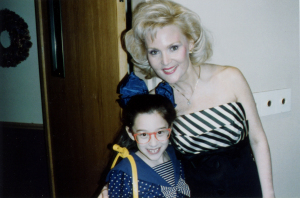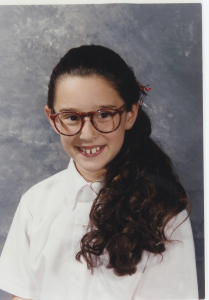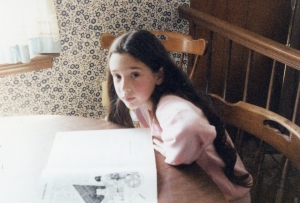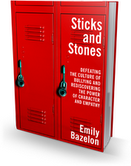Louise Erdrich's The Blue Jay's Dance is one of those books that it seems like I've always known about. And yet I'd never read it.

When I received Daisy Florin's lyrical, moving review of the book (published today at Brain, Child!) I knew I had to read it. Florin's summary and the ways in which she intertwined the language and story with her own life-- really part of the message of Blue Jay's Dance-- pushed me over the edge.
And boy am I glad it did. My pink highlighter [confession: the same color and brand for the past 10+ years!] was working in overdrive.
Some of my favorites:
- "Writing is reflective and living is active—the two collide in the tumultuous business of caring for babies.”
- "It requires no thought at all for me to form and fix a whole other person. First she is nothing, then she is growing and dividing at such a rate I think I’ll drop… Whatever else I do, when it comes to pregnancy I am my physical self first, as are all of us women… Still, our bodies are rounded vases of skin and bones and blood that seem impossibly engineered for birth… I fear I’ve made a ship inside a bottle. I’ll have to break. I’m not me.”
- This one was a total gasp-worth passage for me: "Although every birth is a story, there are only so many outcomes possible. Birth is dictated to the consciousness by the conscious body. There are certain frustrations in approaching such an event, a drama in which the body stars and not the fiction-making mind. In a certain way, I’m jealous. I want to control the tale.”
- And one of Florin's favorites as well: "Growing, bearing, mothering or fathering, supporting, and at last letting go of an infant is a powerful and mundane creative act that rapturously sucks up whole chunks of life.
So much resonated with the past few years of my life. For instance, "I scratch messages on the envelopes of letters I can’t answer, in the margins of books I’m too tired to review.” (!) Also that Erdrich ate matzos while pregnant (I am addicted), that she went electric curlers in her hair when she went into labor (I took a shower, shaved my legs, used STEAM rollers, and went in full make-up both times after my water broke), and her friendly relationship with her mail carrier (after my boys were born we really got on first name turns as he was at my door almost every day).
I would have loved Erdrich's language even before I had my babies, but being out of the newborn stage (no more lap baby for me, and I haven't had one now for some time-- sob) but still near it makes it resonate so much more for me. The idea of the unfolding origami children who could no longer fit inside of me, the biological zero, the notion that women don't know how strong they are until they push out their babies. It.all.hit.so.close.to.home.
Now I just need to hold on to the last wilderness, according to Erdrich, of sleep. But books like Erdrich's keep me up late at night thinking...




